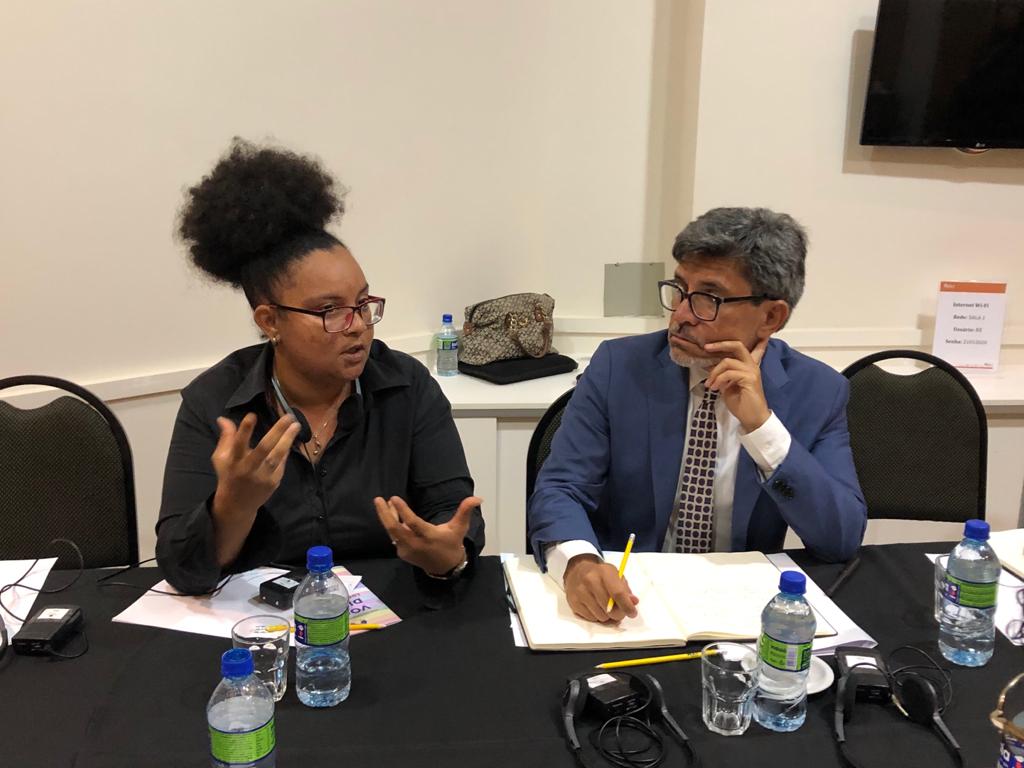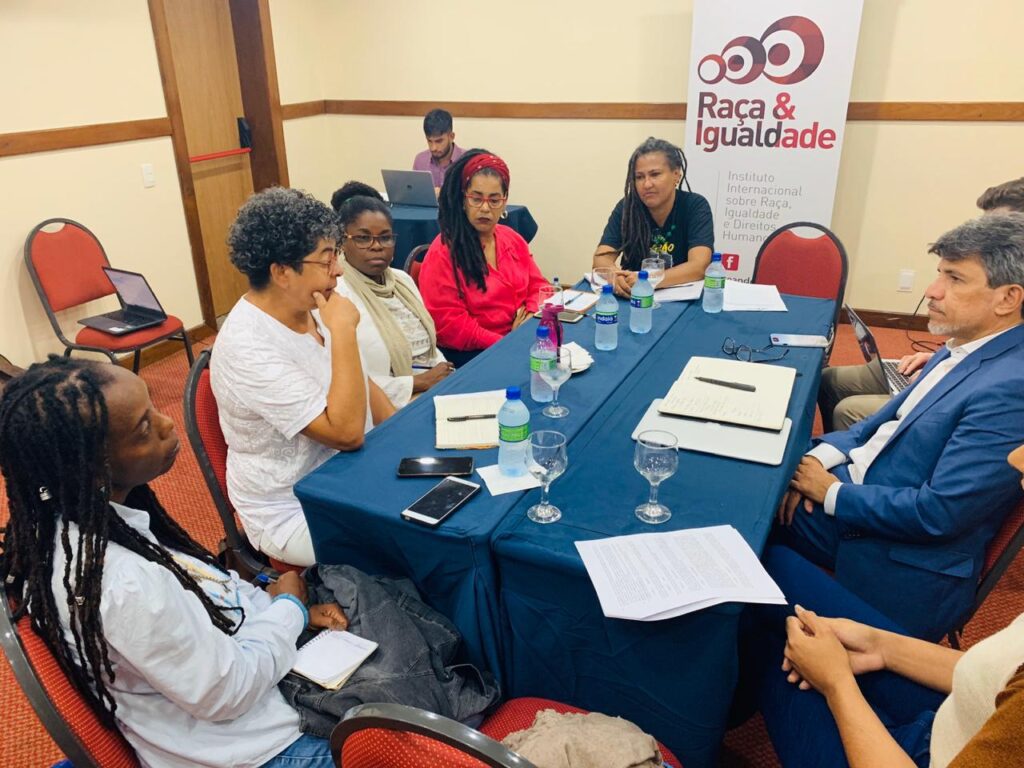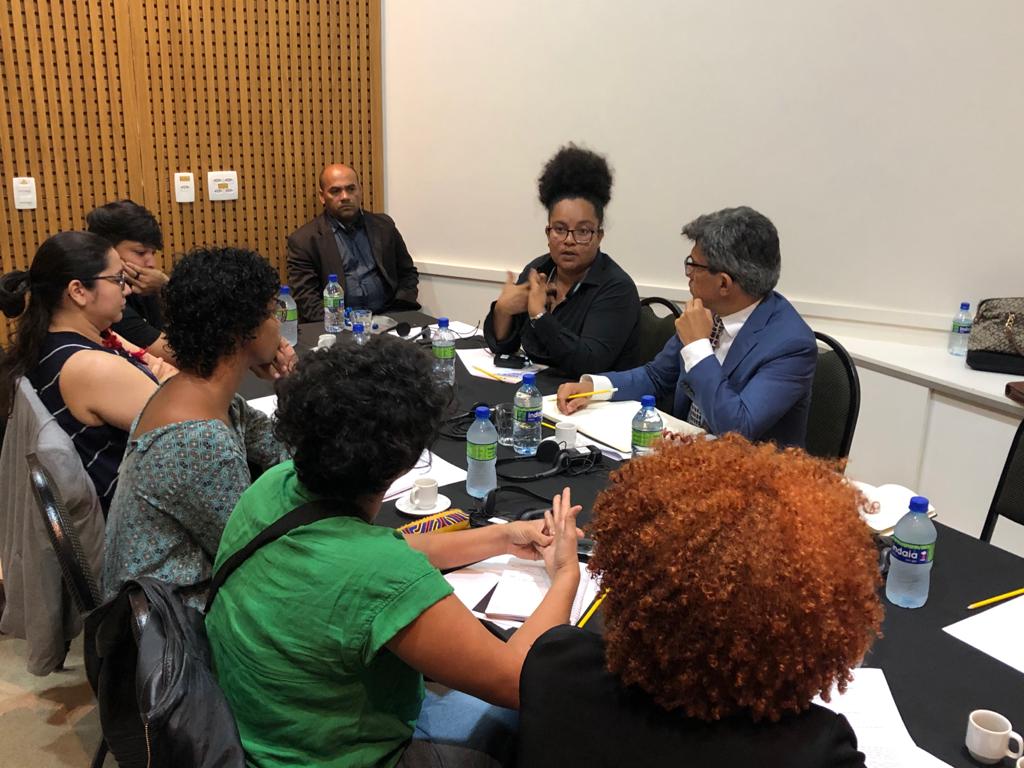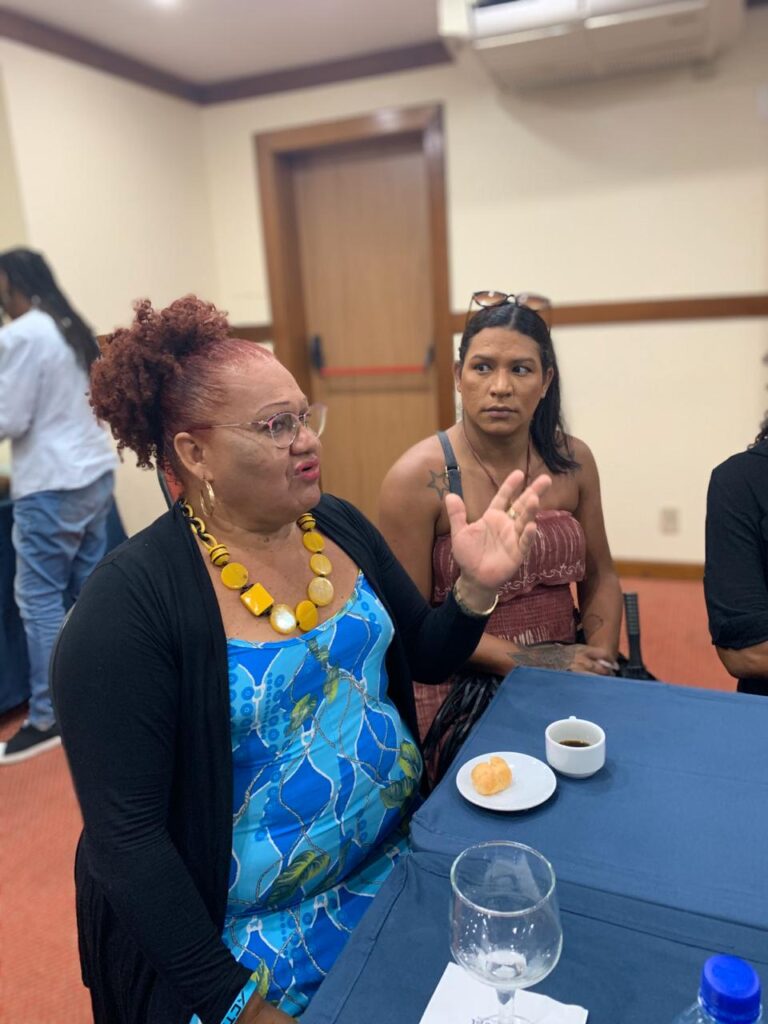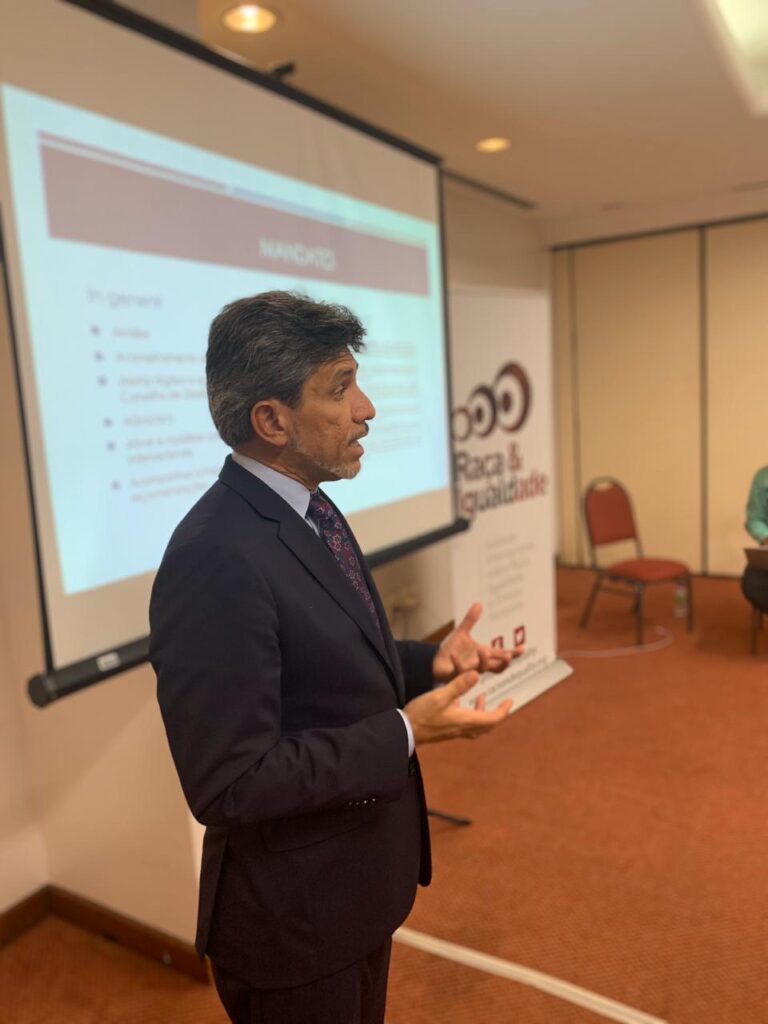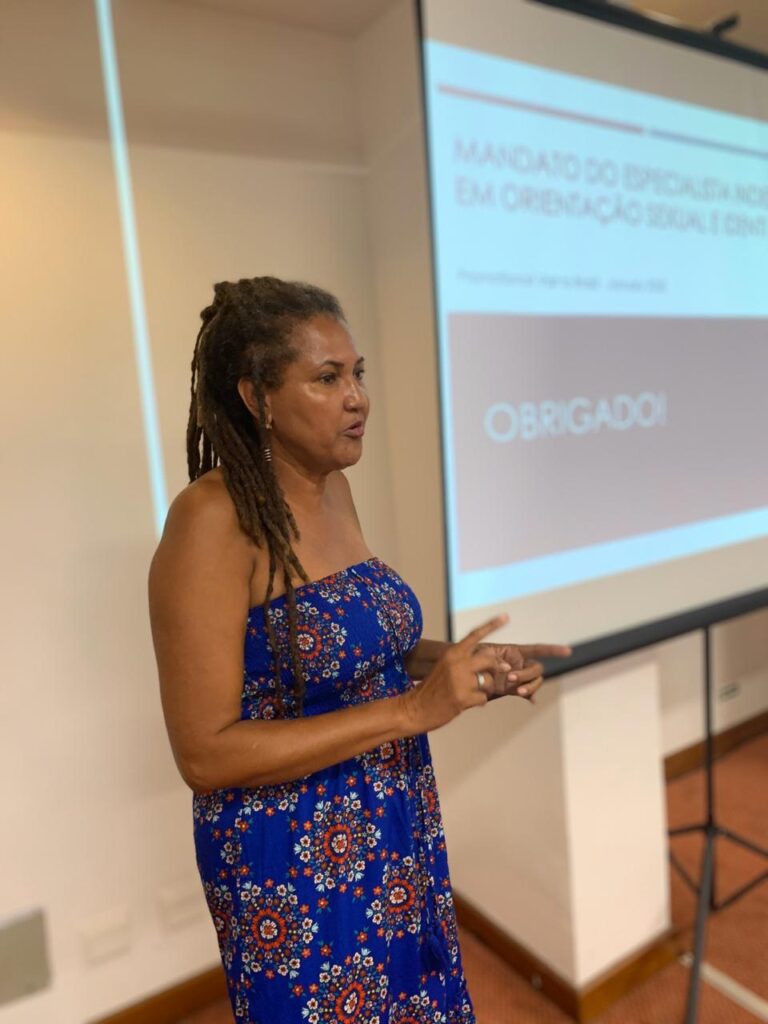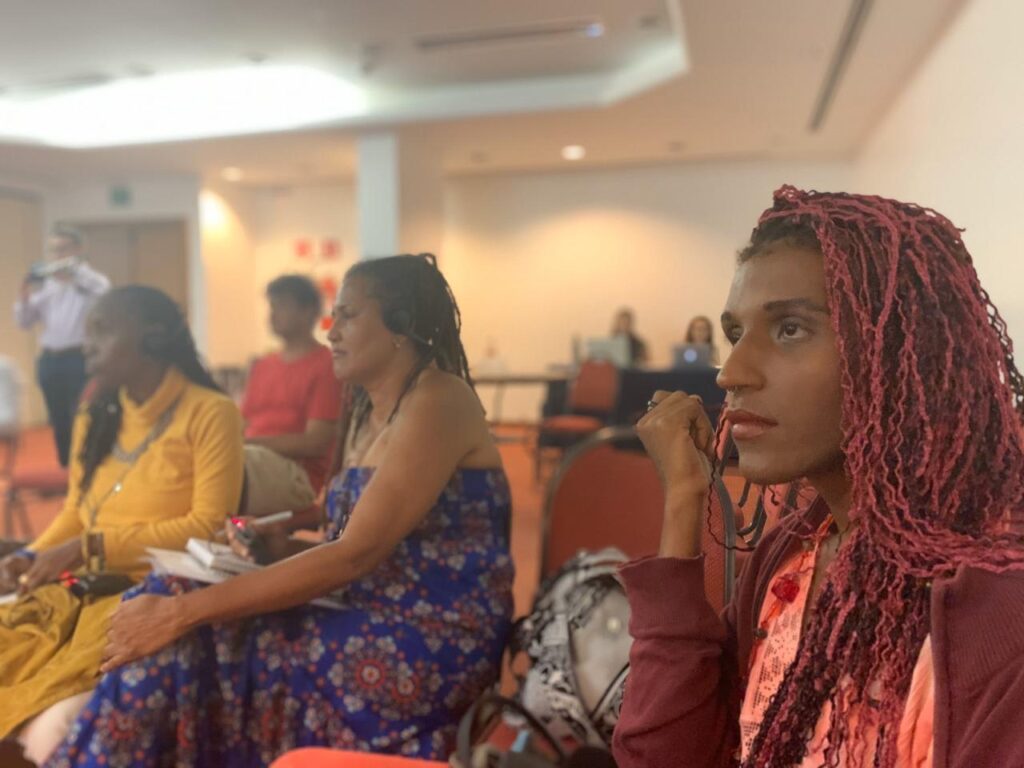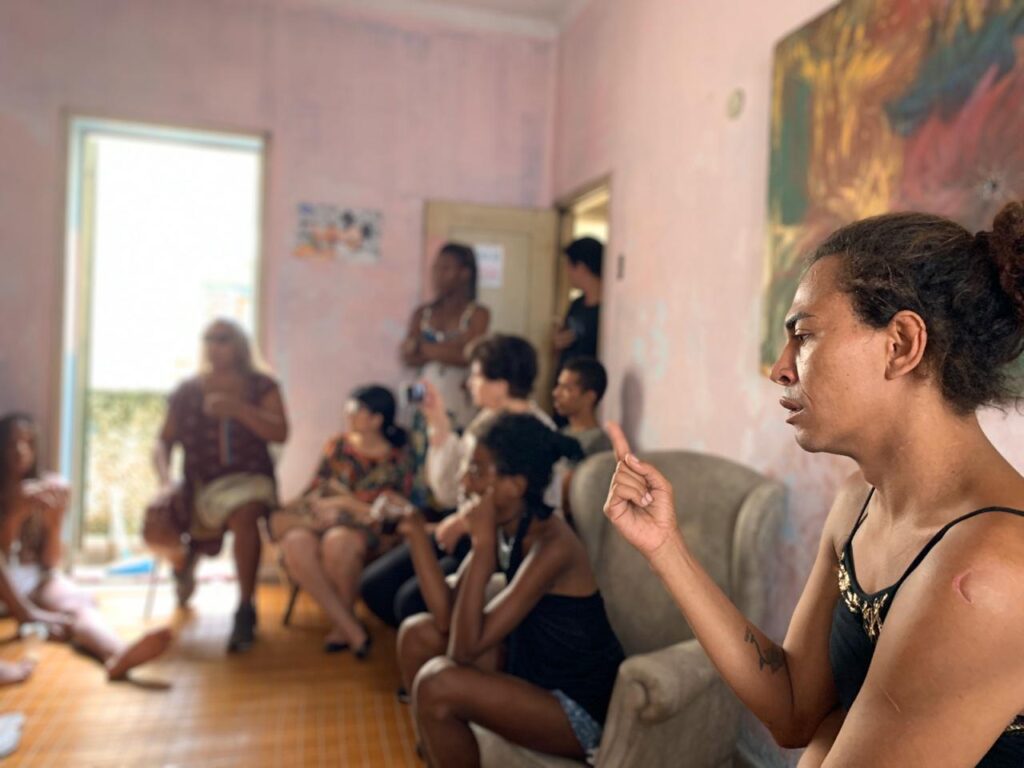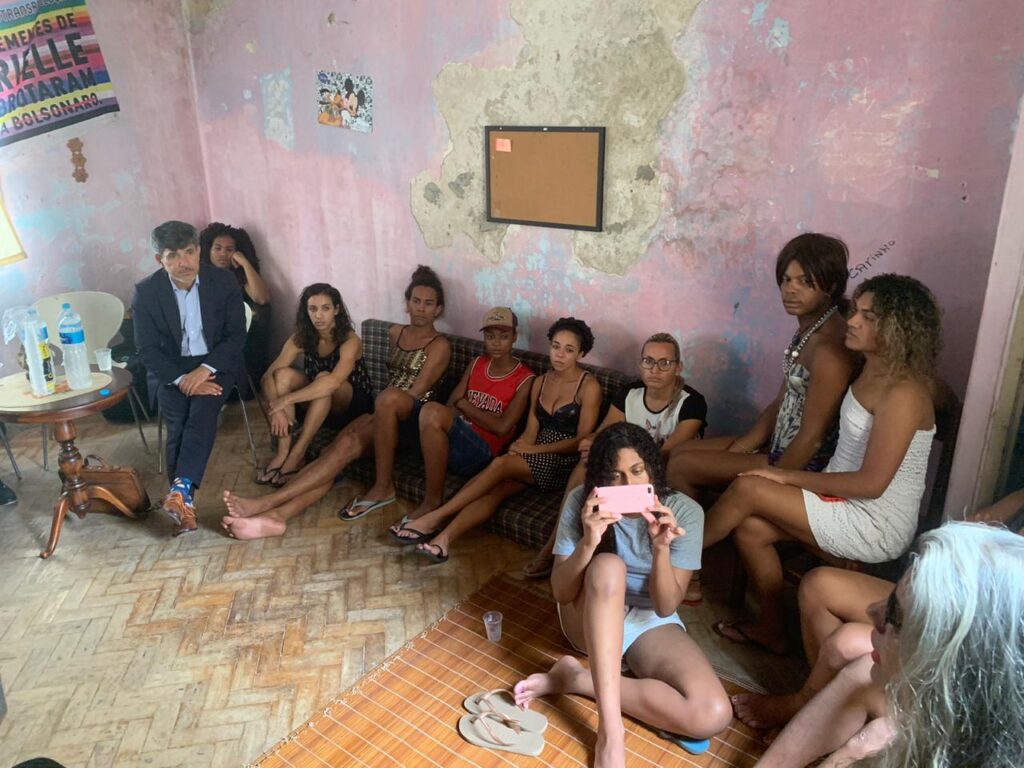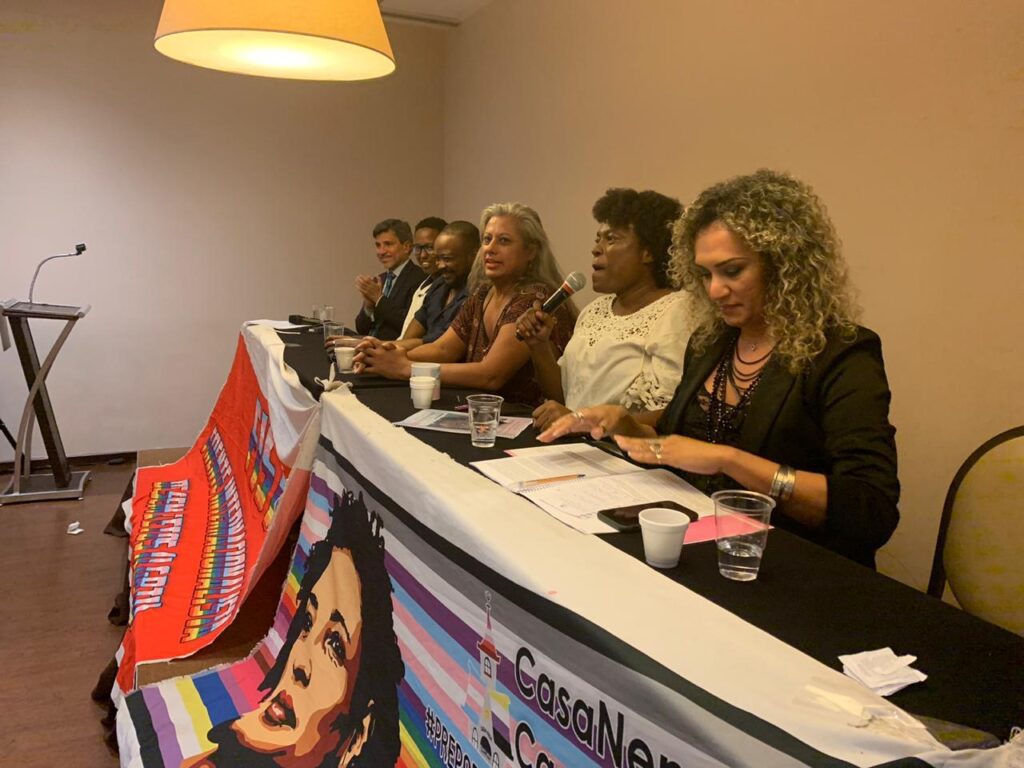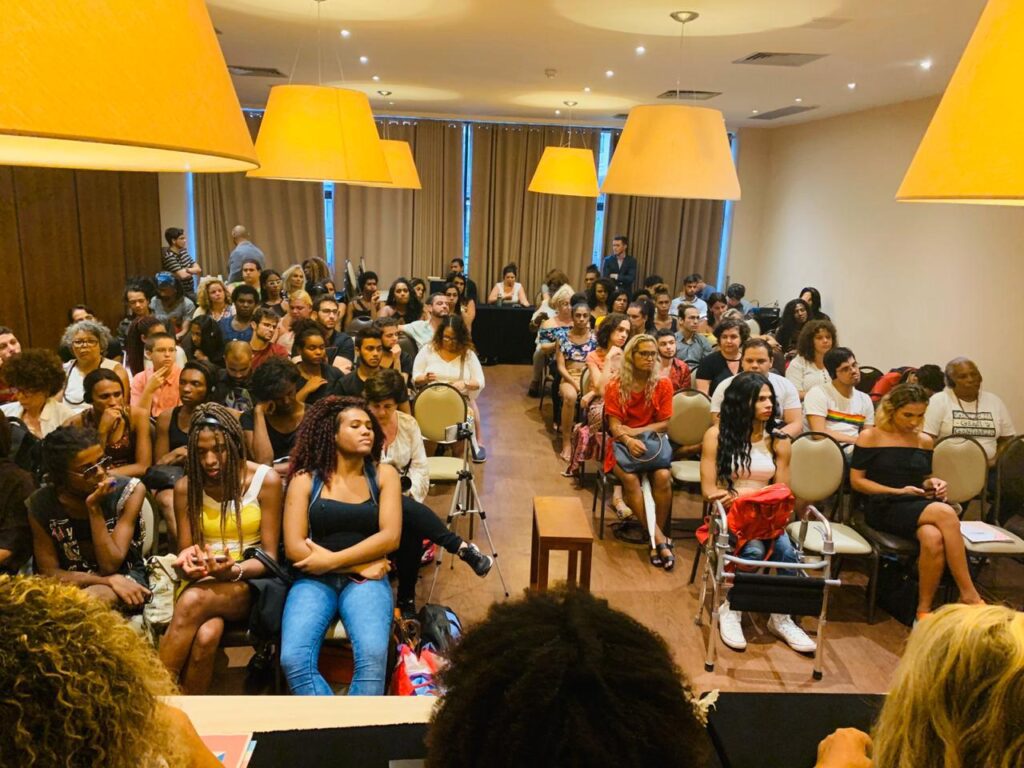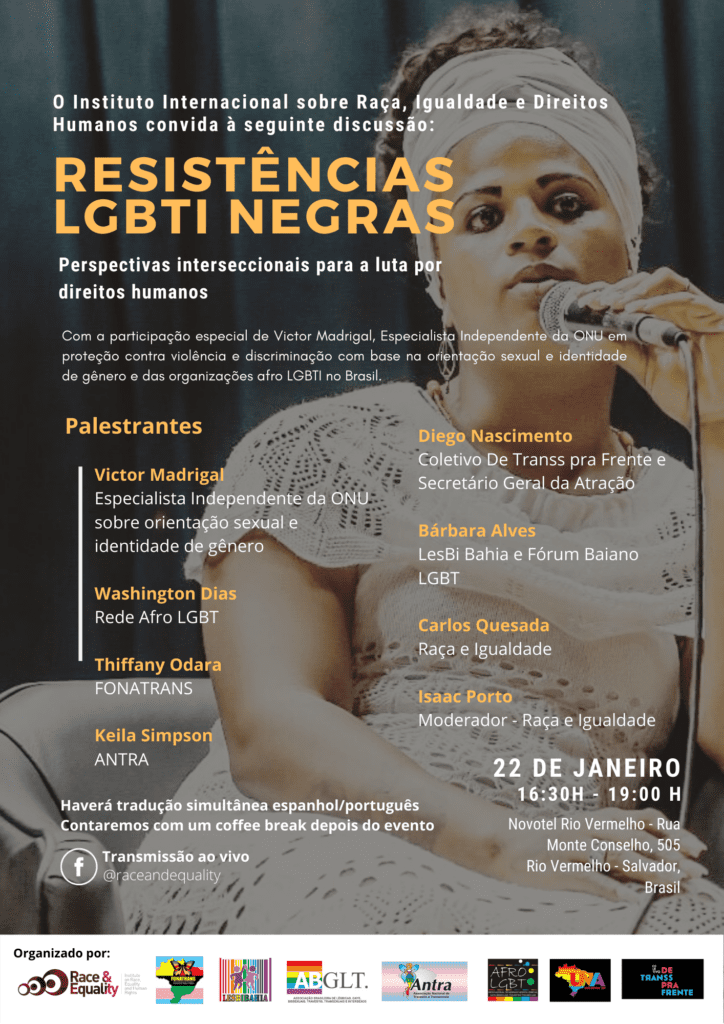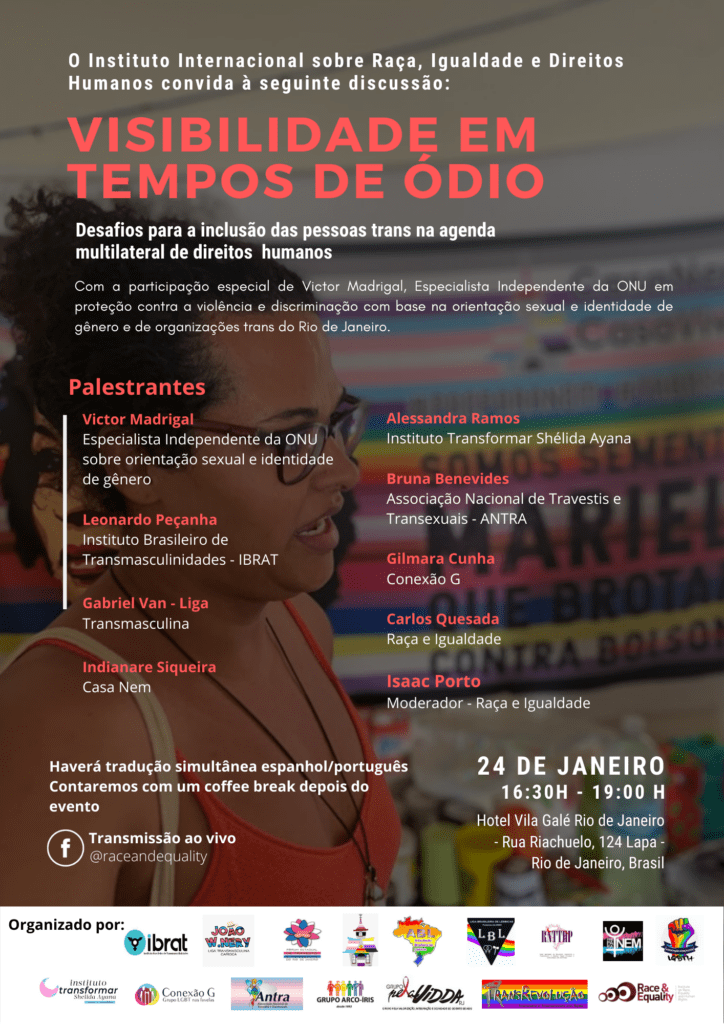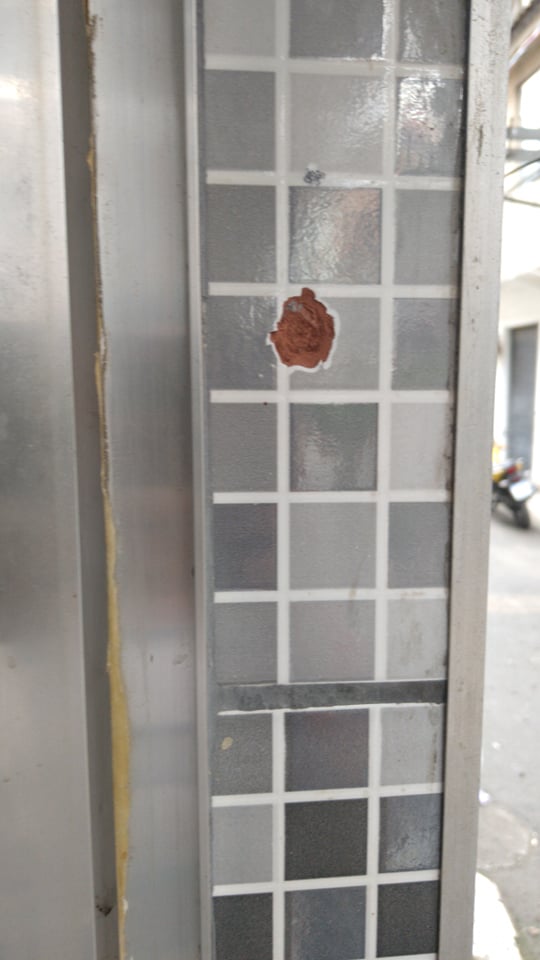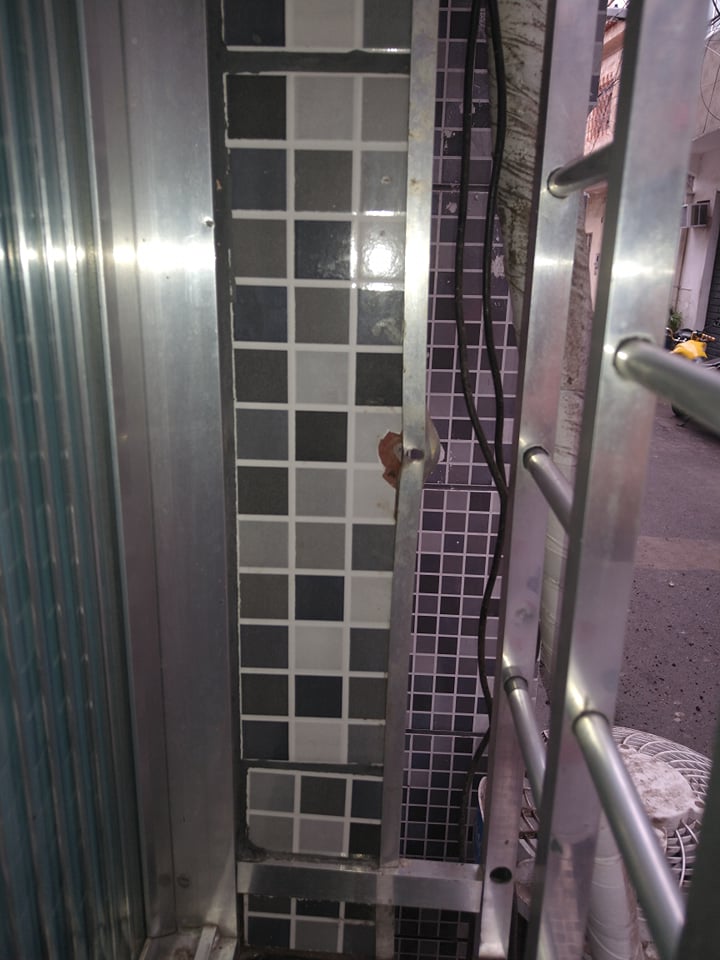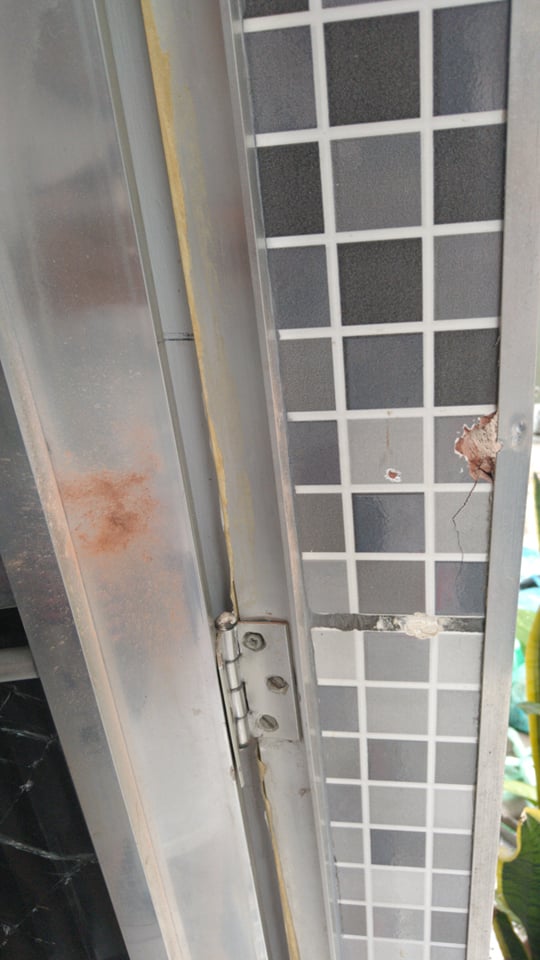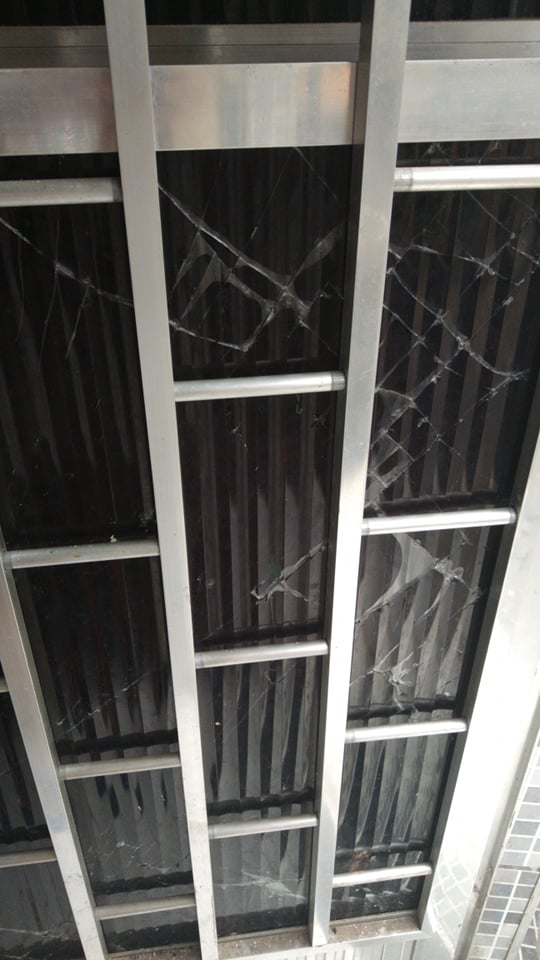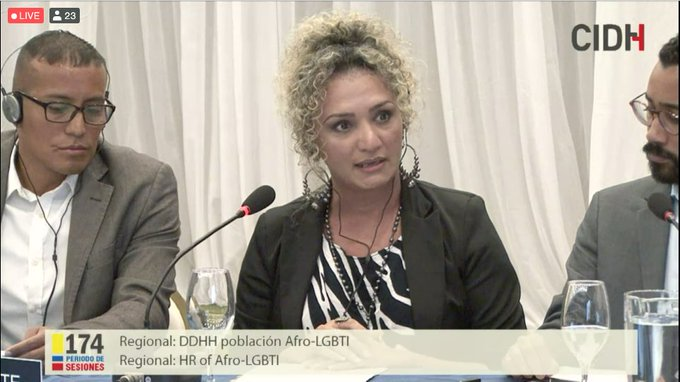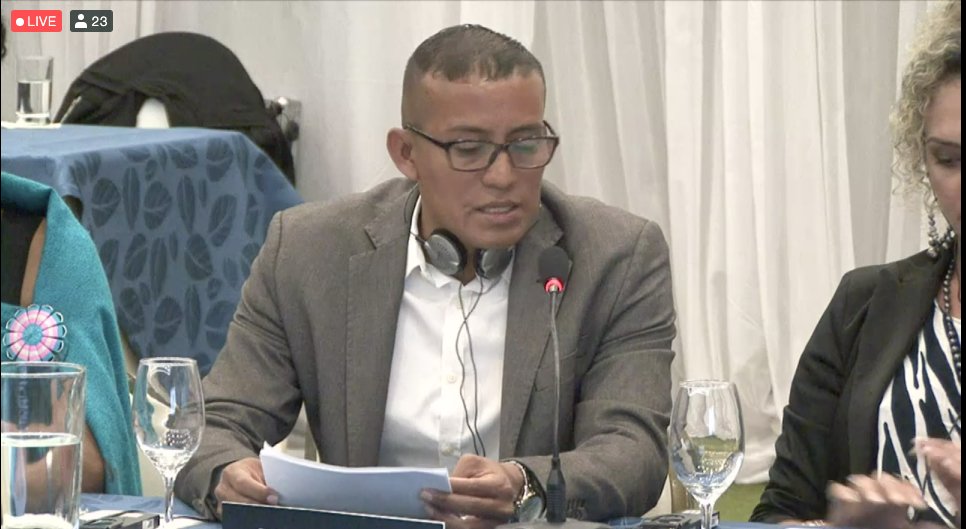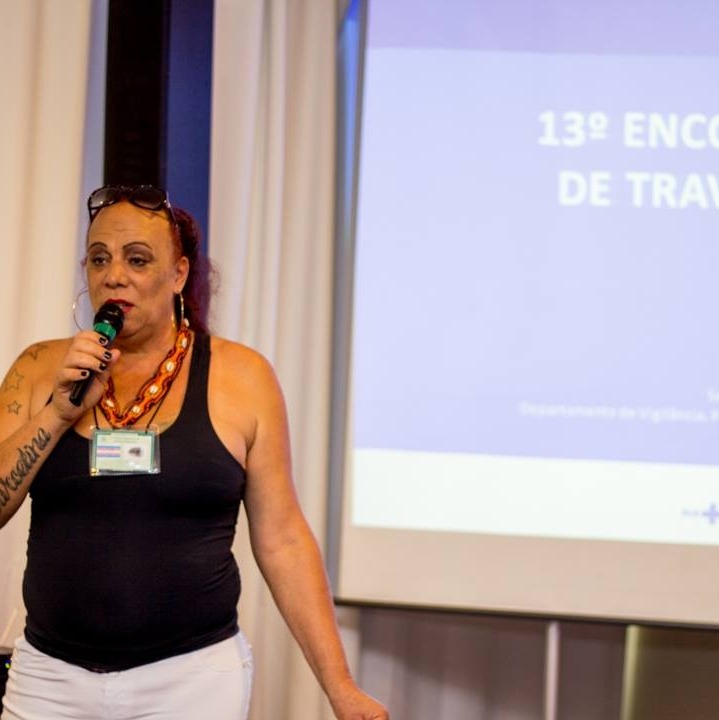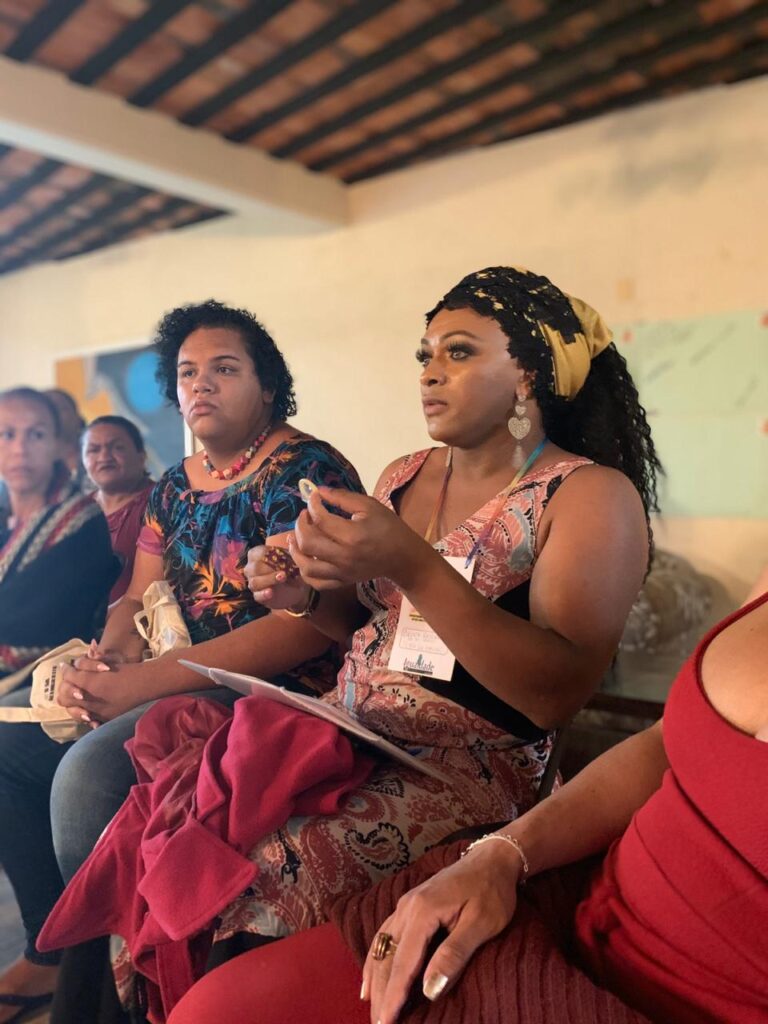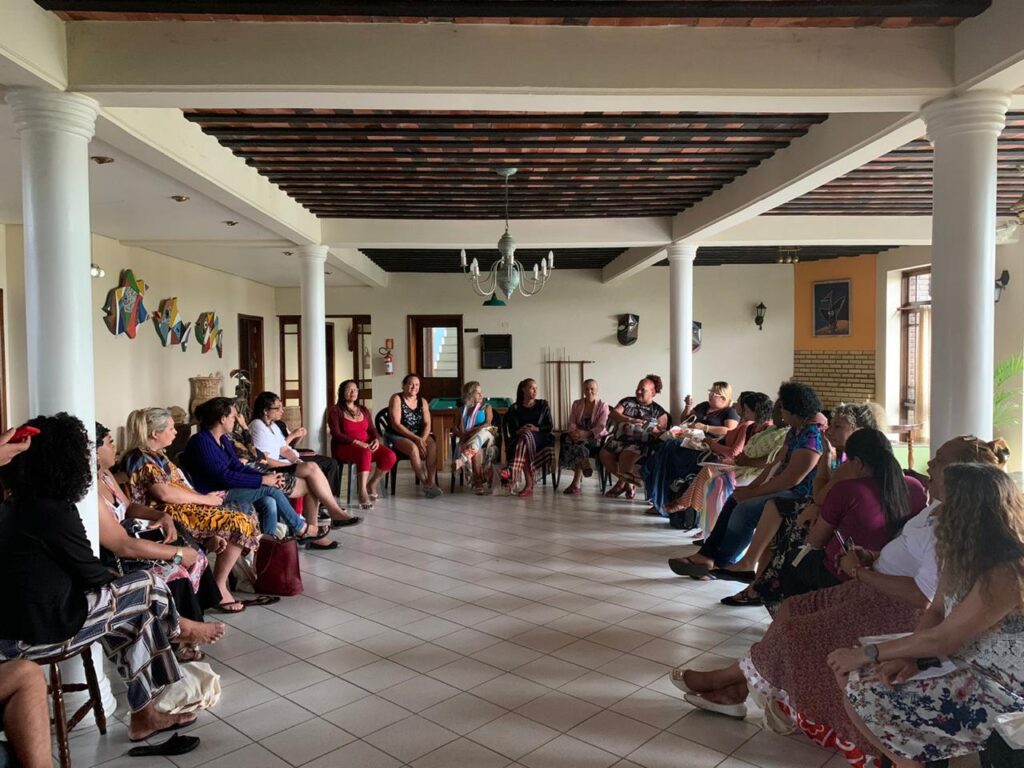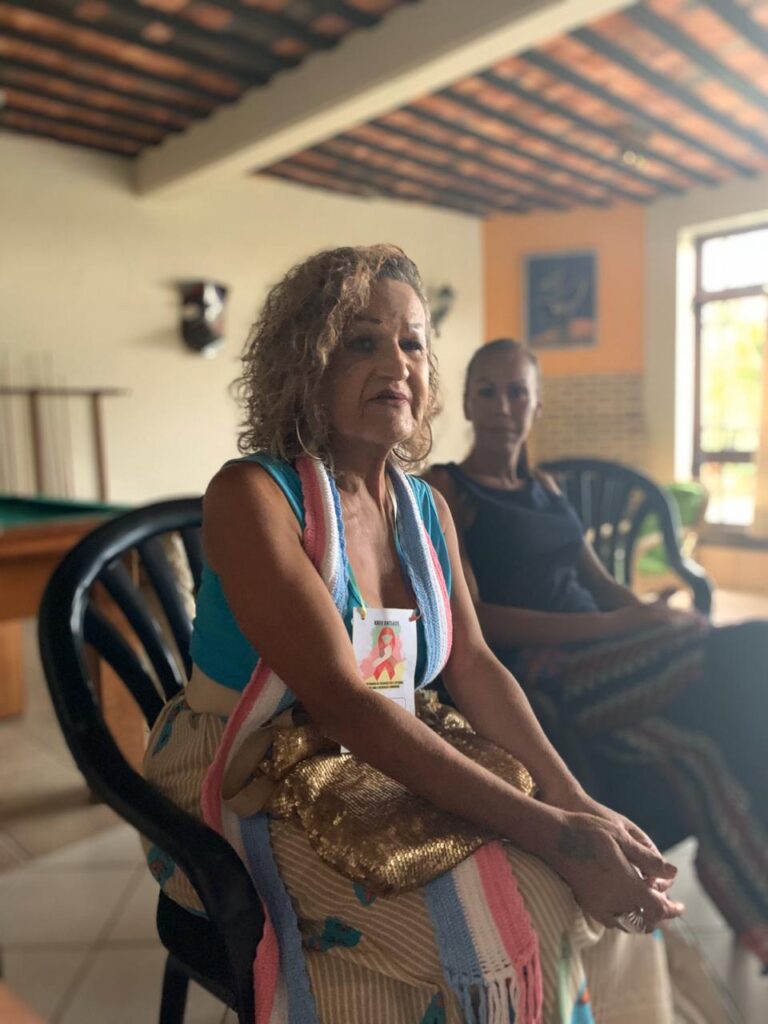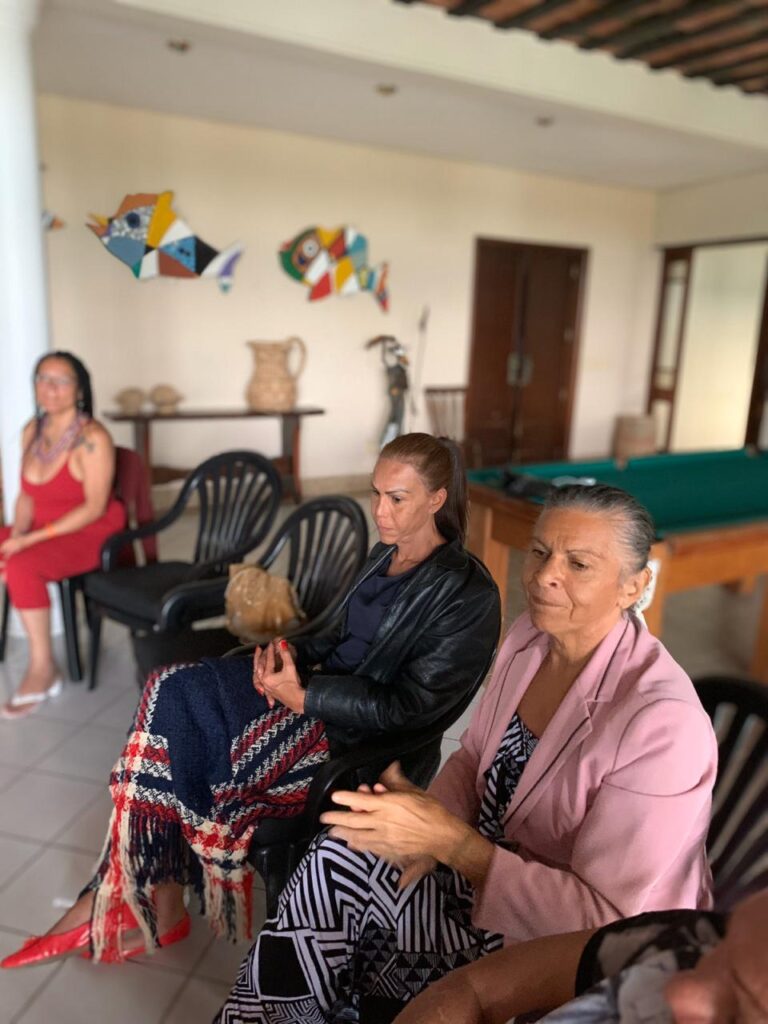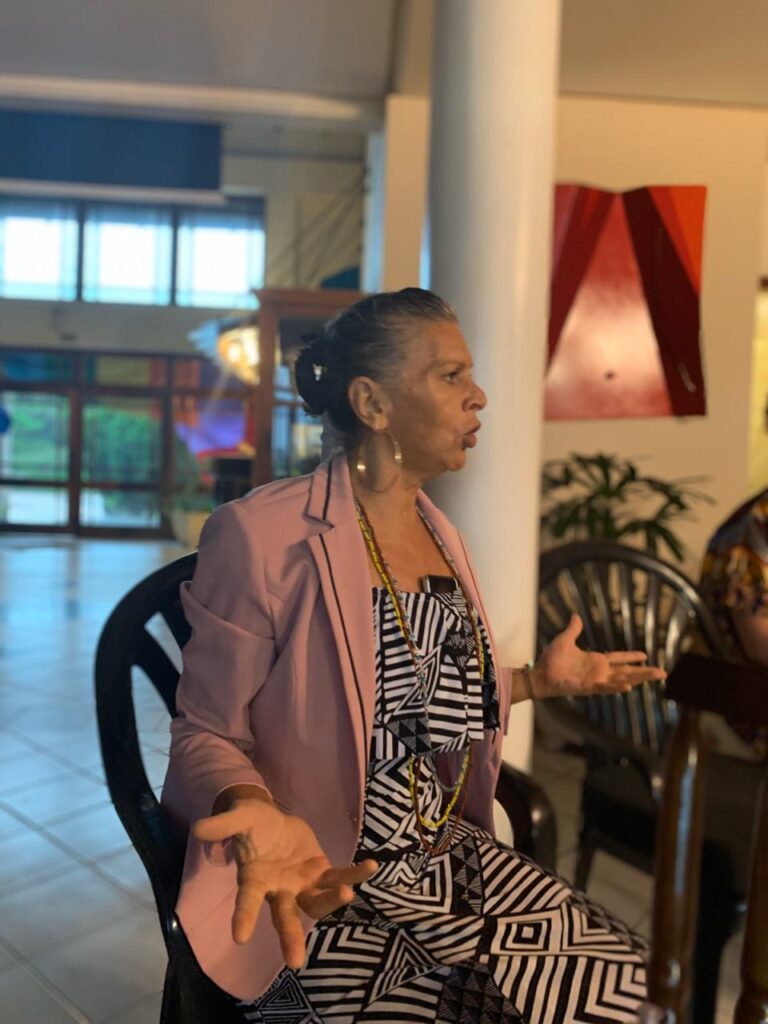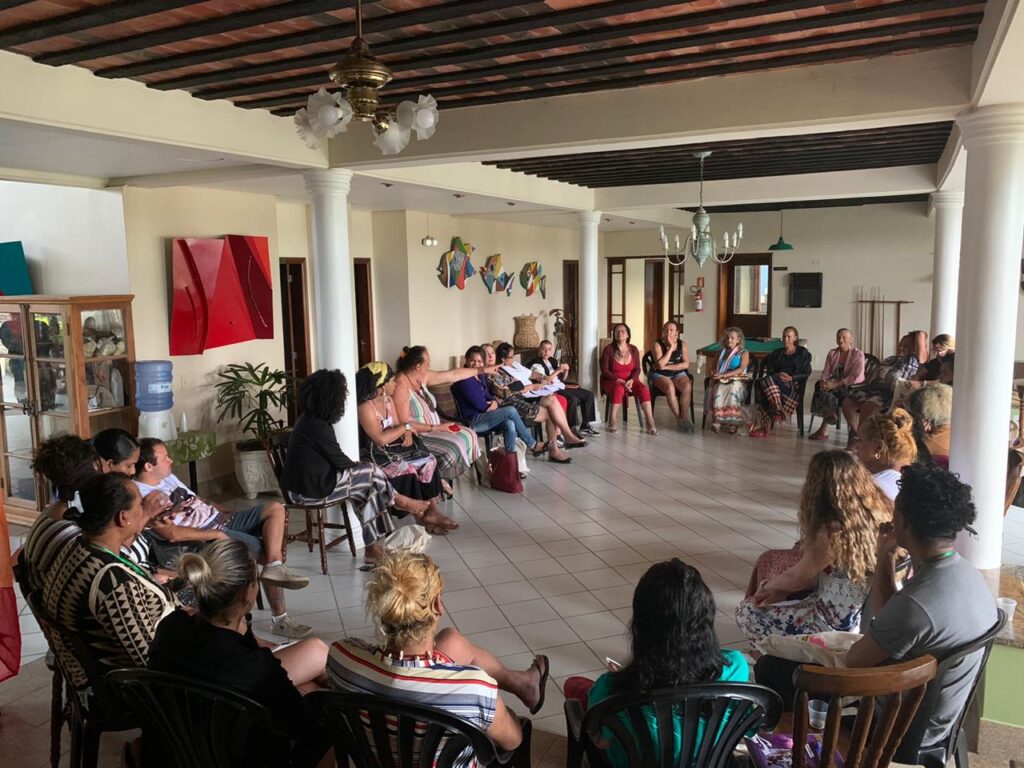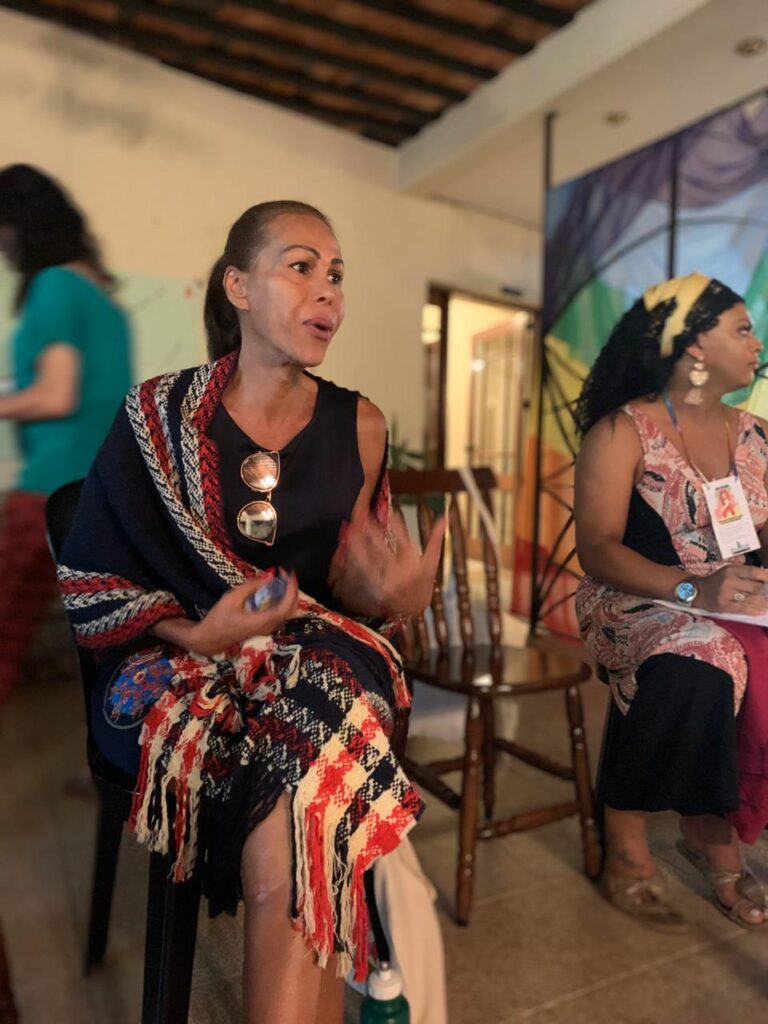On International Women’s Day, Race and Equality Honors the Work of Women Human Rights Defenders
To mark March 8, International Women’s Day, the International Institute on Race, Equality and Human Rights (Race and Equality) wishes to highlight the fundamental role played by women human rights defenders in Latin America and the Caribbean. In a region where rates of sexual and gender-based violence against women are extremely high and multiple forms of discrimination are entrenched, women human rights defenders are key in the fight for the defense of women’s human rights. Likewise, they are at the vanguard of promoting and protecting the rights of others.
Although the vast majority of countries in Latin America and the Caribbean have ratified the Convention on the Elimination of All Forms of Discrimination Against Women (CEDAW),[1] women in the region continue to suffer inequalities that negatively impact their full enjoyment of human rights. According to the Economic Commission for Latin America and the Caribbean (ECLAC), more than 3,800 women in 33 countries in the region were murdered because of their gender in 2019.[2] This violence stems from structural inequalities which profoundly affect all women, but especially women members of historically marginalized groups like Afro-descendants and the LGBTI community. For example, according to the Network of Afro-Latin American, Afro-Caribbean, and Diaspora Women, Afro-descendant women are victims of multiple forms of violence, which is often racialized. Likewise, the current discourse on gender ideology in the region, driven by in large part by conservative religious groups, has led to more discrimination against lesbian, bi-sexual, and trans women, as well as more hate crimes and murders. Finally, poverty in Latin America and the Caribbean, as in other regions in the world, has a feminine face, as women are less likely to have access to higher education and work outside of the home than their male counterparts. When women do work outside of the home, they are paid, on average, 17% less than men.[3] All of these factors make the work of women human rights defenders of utmost importance. But, they are also facing some grave challenges.
In Colombia, where the post-Peace Accord reality for human rights defenders is startlingly alarming due to the high rate of murders of defenders and impunity for those murders, women human rights defenders are among the most vulnerable. As the Office of the United Nations High Commissioner for Human Rights recently documented, the number of women human rights defenders killed in Colombia in 2019 increased by 50% over the 2018 number.[4] Afro-descendant and rural women defenders are at generally greater risk, just as they suffer greater vulnerabilities in terms of overall enjoyment of their human rights.
In Cuba, independent women activists are facing an increase in repression and de facto house arrests, as well as reprisals and threats against themselves and their family members. Travel restrictions arbitrarily imposed by the Cuban government routinely prevent independent activists from participating in advocacy activities outside of the island and the application of these against women continues to grow. Furthermore, Cuban women are clamoring for an Integral Law against Gender Violence – a proposal which has been rejected by the National Assembly – and they continue to face difficulties in accessing decent, well-paying jobs.
In Nicaragua, the crisis that began in April 2018 has had a profound impact on women. Women human rights defenders, such as the Mothers of April, have played an important role in the opposition movement, as many have lost their children to the violence of the crisis. There has also been an overall increase in violence against women and femicides, as a result of the crisis. Furthermore, women in Nicaragua also face disproportionate economic consequences due to the crisis, as many have been left as heads of households, with male family members killed, imprisoned, or fired from their jobs because of their political ties.
In Brazil, the situation of violence against women is extremely concerning, especially against Afro-descendant and trans women. Our partners have documented that in the first two months of the year 38 trans women have been killed in the country.[5] This high level of violence makes the work of women human rights defenders – especially those working on behalf of diverse communities of women – all the more difficult and important.
Race and Equality calls on all Latin
American and Caribbean States to honor the human rights commitments they have
made under CEDAW and other applicable international human rights treaties, to
respect and protect the rights of women. We likewise reiterate our support for
women human rights defenders, especially those of our partner organizations and
in the countries where we work, who so courageously and tirelessly fight to
promote and defend the rights of women and others in the region on a daily
basis. We thank you and assure you that you are not alone in your work towards
a safer, more just, and equitable society for all.
[1] OHCHR. Status of Ratification Interactive Dashboard: CEDAW, https://indicators.ohchr.org/ (last accessed Mar. 4, 2020).
[2] ECLAC. Measuring femicide: challenges and efforts to bolster the process in Latin America and the Caribbean, Nov. 2019, available at: https://oig.cepal.org/sites/default/files/femicide_web.pdf.
[3] UN News. More women in Latin America are working, but gender gap persists, new UN figures show, Oct. 28, 2019, available at: https://news.un.org/en/story/2019/10/1050121.
[4] UN News. Colombia: ‘Staggering number’ of human rights defenders killed in 2019, Jan. 14, 2020, available at: https://news.un.org/en/story/2020/01/1055272.
[5] See www.antrabrasil.org.

